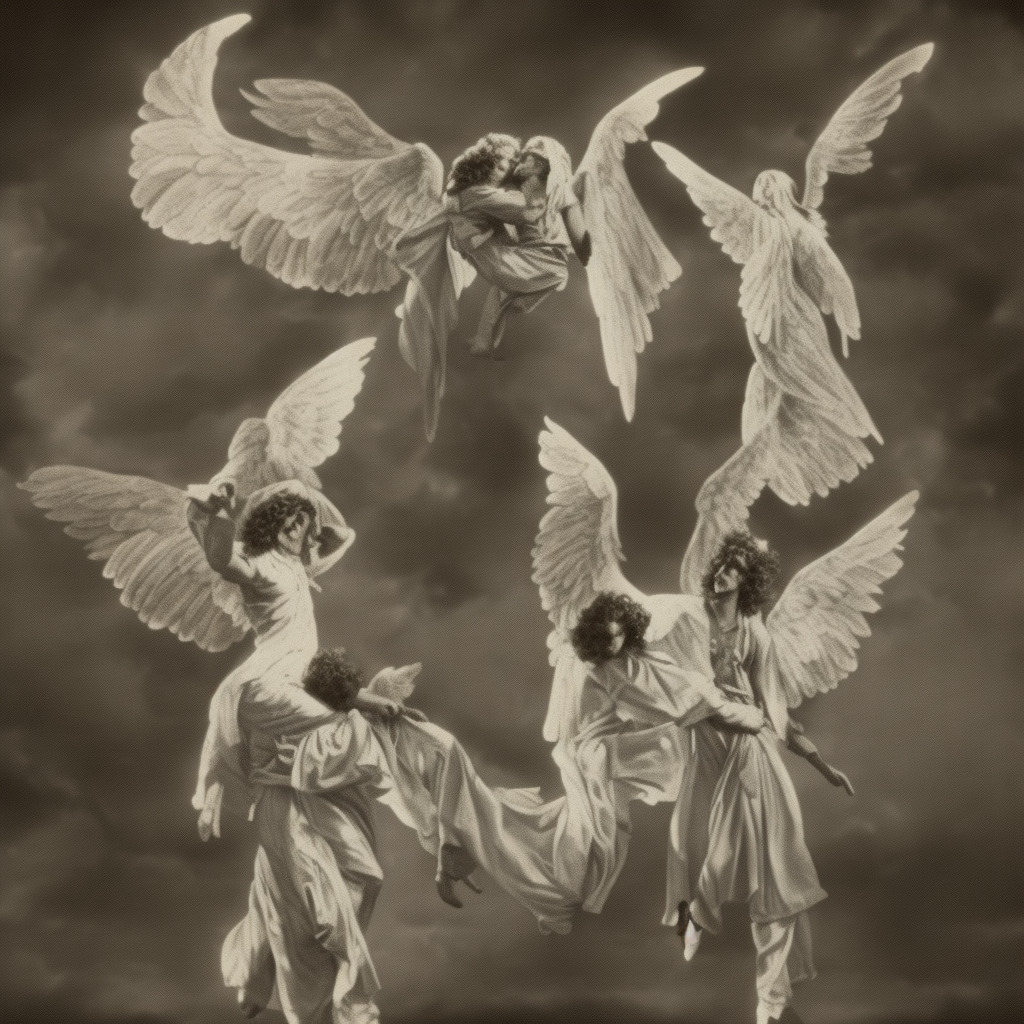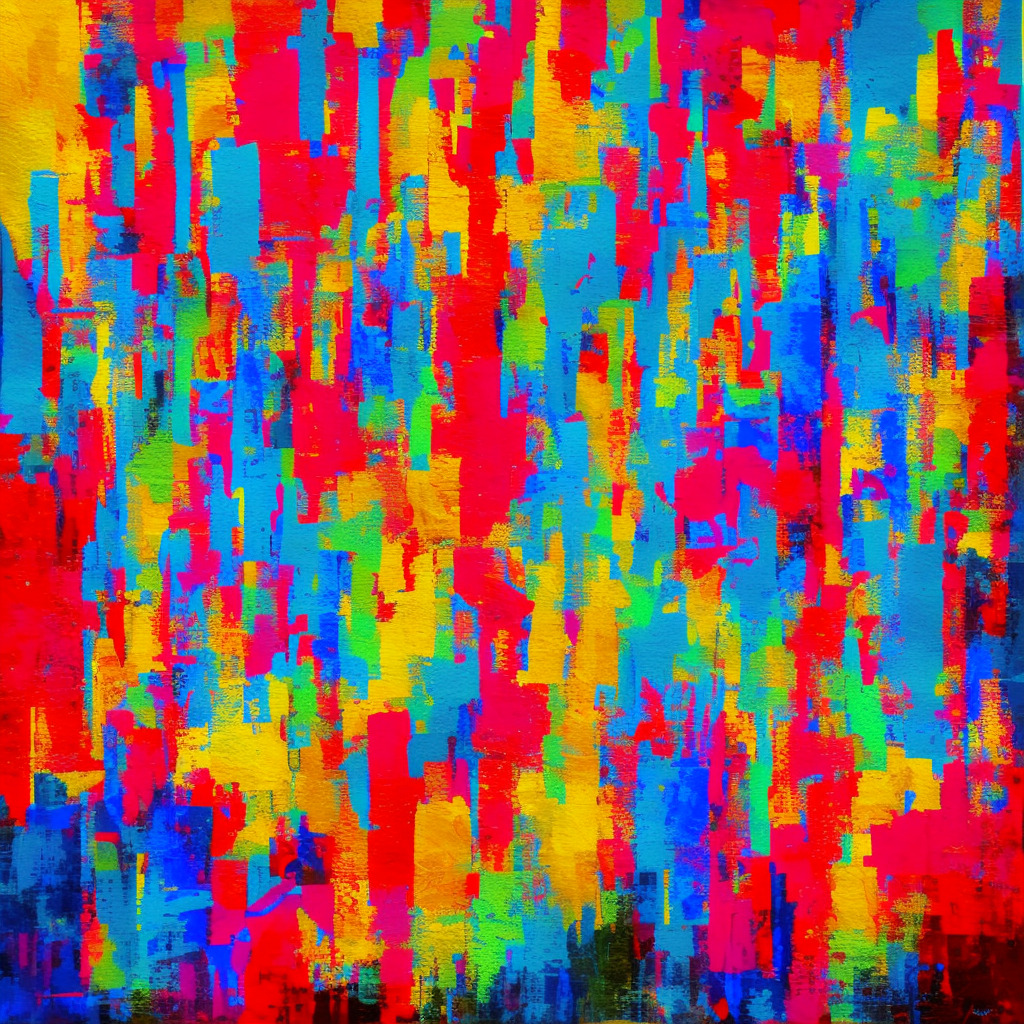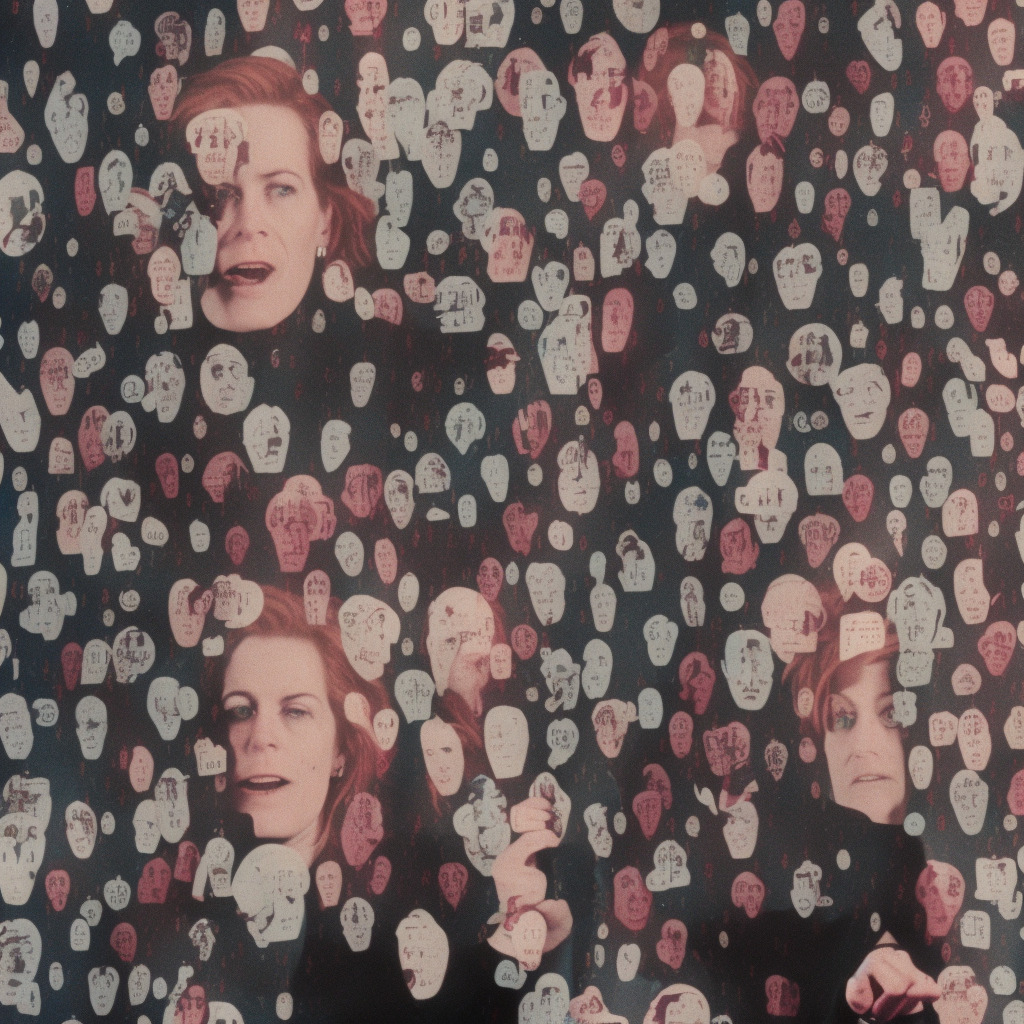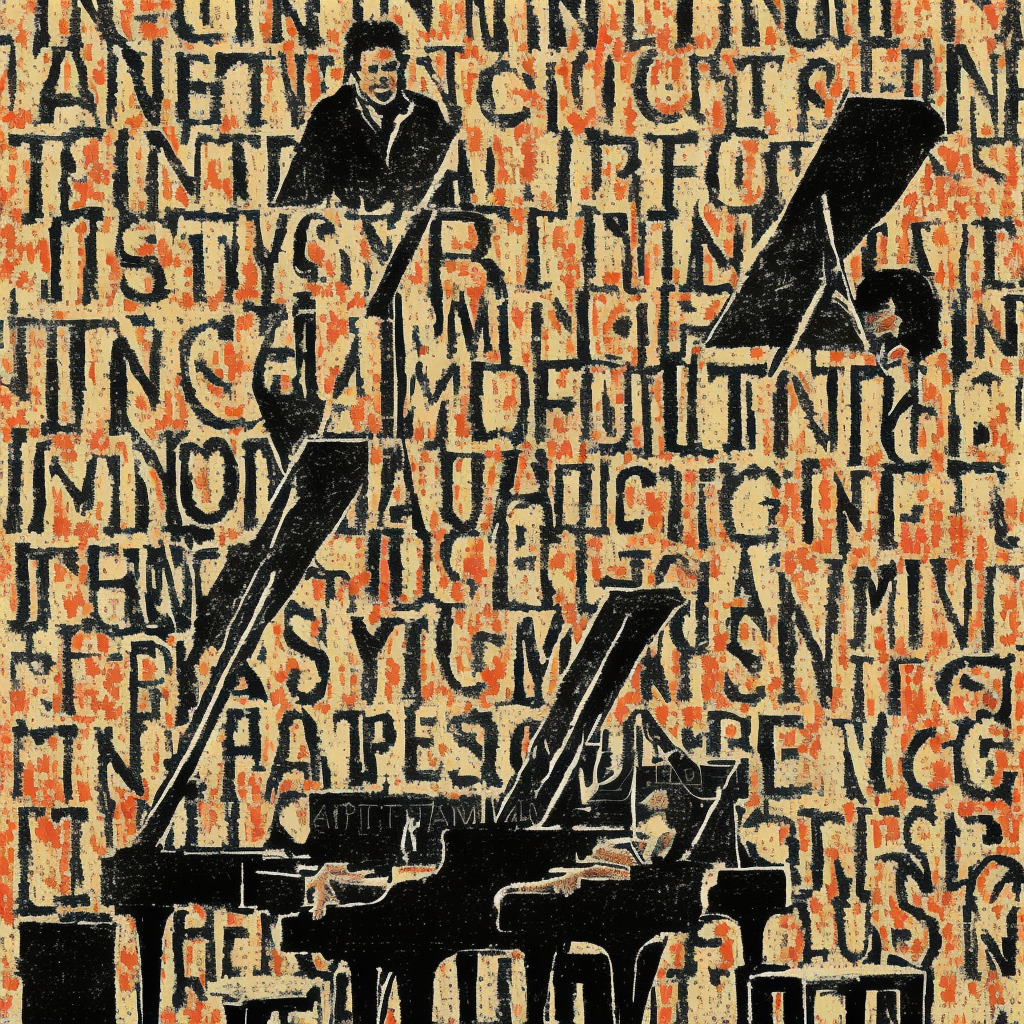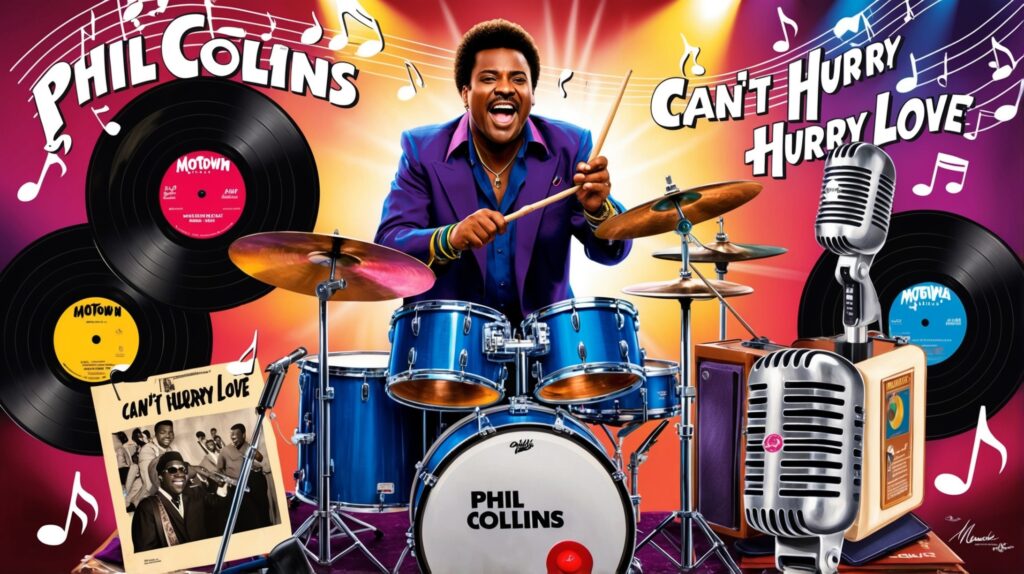🎹Did you know #BillyJoel wrote “You’re Only Human (Second Wind)” to uplift those struggling with self-doubt? 🌬️🚀Take a cue from the Piano Man & embrace your second wind! #FunFact #YoureOnlyHuman #SecondWind #MusicTrivia ✨🎶 Read about it: tinyurl.com/39vpprwm
Finding Strength in Billy Joel’s Music
Discover resilience through the timeless depth of Billy Joel’s “You’re Only Human (Second Wind),” an anthem of hope and perseverance that transcends generations.
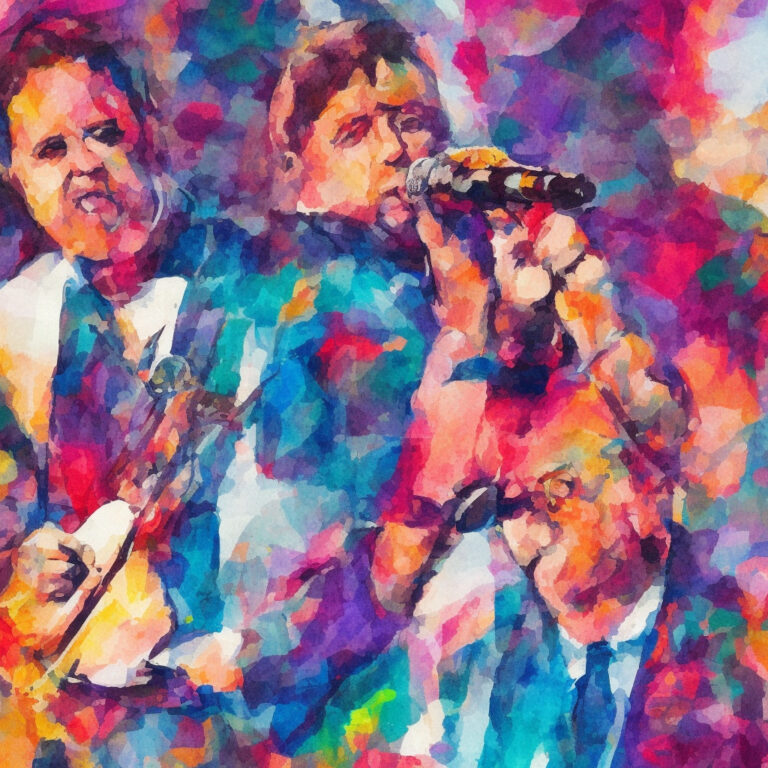
Throughout his illustrious career, Billy Joel has been known for his ability to infuse depth and emotion into his music, making it both universally relatable and personally impactful for his listeners. With a career spanning over five decades, the “Piano Man” has no shortage of iconic hits to his name. Among these, “You’re Only Human (Second Wind)” stands out as a beacon of hope and inspiration, reminding us of the resilience within ourselves.
The song, released in 1985 as part of his hugely successful album “The Bridge,” is a testament to Billy Joel’s songwriting prowess. While he is often recognized for his upbeat tunes and catchy melodies, “You’re Only Human (Second Wind)” showcases his ability to address deeper, more sensitive topics in his work. The song speaks to the struggles of life, acknowledging the darker moments while ultimately encouraging listeners to persevere and seek out the light amidst the darkness.
Billy Joel’s personal experiences are what breathe life into this track, as he himself faced numerous obstacles in his younger years, including a suicide attempt. This vulnerability in his songwriting is what makes “You’re Only Human (Second Wind)” such an important work, as it serves both as a reminder of his own resilience and a message of hope for others.
Though critics have occasionally cited the song’s production and arrangement as feeling somewhat dated, it’s worth emphasizing that the core message and emotional impact are timeless. This is evident through its continued resonance with fans and the countless lives it has touched since its release.
Throughout his storied career, Billy Joel has received numerous awards and accolades, including five Grammys, an induction into the Rock and Roll Hall of Fame, and the prestigious Gershwin Prize for Popular Song by the Library of Congress, just to name a few. These honors speak to his influence and significance as an artist, solidifying his place in music history.
In the end, “You’re Only Human (Second Wind)” embodies the heart of Billy Joel’s music, touching on themes that are as relevant today as they were upon its release over three decades ago. It serves as a reminder that through struggle and adversity, we have the power to rise above and find our strength to keep moving forward.
Charting the Winds of Success
Sailing into the Top 10: Billy Joel’s “You’re Only Human (Second Wind)” overcomes radio bans and misconceptions, leaving a lasting impact with its encouraging message and timeless appeal.
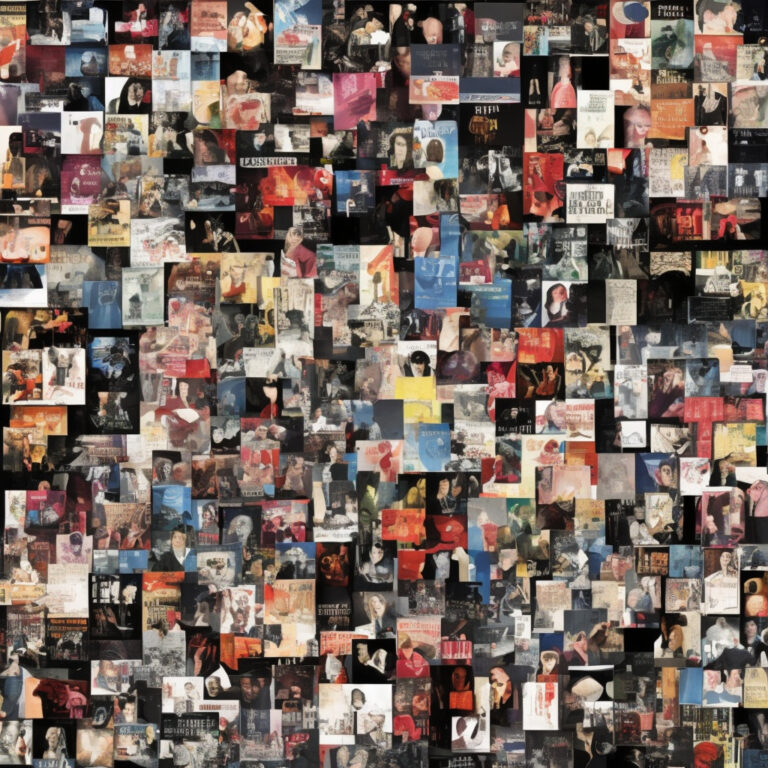
Released on June 10, 1985, “You’re Only Human (Second Wind)” was the fifth and final single from Billy Joel’s multi-platinum album “The Bridge”. Despite being released towards the tail end of the album’s promotion cycle, the song managed to make an impressive impact on the charts.
Upon its debut, “You’re Only Human (Second Wind)” entered the Billboard Hot 100 at number 64. It quickly climbed the charts, driven by its catchy melody and relatable lyrics. The song eventually peaked at number 9 on August 17, 1985, giving Billy Joel yet another top-10 hit to add to his illustrious career.
“You’re Only Human (Second Wind)” also enjoyed moderate success on other charts, such as the Adult Contemporary chart, where it reached the number 5 position. This came as no surprise, given the song’s easy-listening sound and universal appeal.
An interesting piece of chart trivia about “You’re Only Human (Second Wind)” lies in its connection with the AIDS crisis of the 1980s. Back then, due to misconceptions about the disease, the song was temporarily banned from several radio stations out of fear that its lyrics were promoting unsafe behavior. Of course, this ban was eventually lifted as the song’s true meaning – offering encouragement and hope – became clear.
Though it may not be as well-remembered as some of Billy Joel’s biggest hits, “You’re Only Human (Second Wind)” has certainly left its mark on the charts and continues to resonate with listeners today. With its uplifting message and catchy tune, it’s a song that will undoubtedly continue to find new fans for generations to come.
Decoding the Human Experience in “You’re Only Human (Second Wind)”
You’re having a hard time and lately you don’t feel so good
You’re getting a bad reputation in your neighborhood
It’s alright, it’s alright
Sometimes that’s what it takes
You’re only human, you’re allowed to make your share of mistakes
You better believe there will be times in your life
When you’ll be feeling like a stumbling fool
So take it from me you’ll learn more from your accidents
Than anything that you could ever learn at school
Don’t forget your second wind
Sooner or later you’ll feel that momentum kick in
One look at you and I’m aware
How much you had to go along with the scheme of things
It’s alright, it’s alright
Sometimes that’s what it takes
You’re only human, you’re allowed to make your share of mistakes
The beauty of Billy Joel’s “You’re Only Human (Second Wind)” lies in its powerful lyrics, which provide a much-needed reminder that it’s okay to make mistakes and stumble along in life. Written and released in 1985, the song’s message transcends the spirit of its time and continues to resonate with people today.
During the mid-1980s, America was facing an era of political and social unrest – the Cold War was still looming, and economic challenges plagued many households. Amidst all these uncertainties, the lyrics of “You’re Only Human (Second Wind)” served as a beacon of hope and reassurance, reminding people that regardless of the challenges they faced, they had the resilience to bounce back and keep moving forward.
Joel’s lyrics emphasize the need to accept our human fallibility and understand that making mistakes is a natural part of life. The phrase “second wind” implies a surge of energy or renewed strength that comes after a period of struggle, symbolizing the ongoing process of personal growth that occurs as we navigate through life’s trials and tribulations.
Furthermore, the song encourages listeners to learn from their experiences – both good and bad – and to not be discouraged by setbacks. As the lyrics suggest, “you’ll learn more from your accidents than anything that you could ever learn at school,” Joel reminds us that life’s most valuable lessons often come from our own missteps and the wisdom we gain as a result.
Although “You’re Only Human (Second Wind)” is a product of its time, its powerful message of resilience and self-acceptance remains relevant in today’s world, where people continue to grapple with societal pressures and personal challenges. The song’s uplifting lyrics serve as a much-needed reminder that it’s okay to be human and make mistakes – and that often, it’s from these very mistakes that we find our strength to keep moving forward.
A Dive into the “You’re Only Human (Second Wind)” Music Video
“Experience the emotional rollercoaster of resilience in Billy Joel’s visually stunning and inspiring ‘You’re Only Human (Second Wind)’ music video, where guardian angels remind us of life’s beauty and the power of a second chance.”
The music video for “You’re Only Human (Second Wind)” is a captivating visual companion to Billy Joel’s inspiring song. Directed by the creative and talented team of Russell Mulcahy and Linda Mendoza, the video takes viewers on an emotional journey that complements the song’s lyrics about resilience and overcoming personal challenges.
A notable aspect of the video is its high production value, which is evident in the seamless integration of special effects and high-quality cinematography. The estimated budget for the video was around $400,000, making it one of the most expensive music videos of its time. This investment in the visual aspect of the song demonstrates the importance that Billy Joel and his team placed on creating a powerful and engaging experience for viewers.
The artistic approach of the video is a mix of realism and fantasy, which is achieved through the use of both practical and digital effects. The storyline follows a young man who is contemplating suicide, but is ultimately shown the beauty of life and the importance of perseverance by a guardian angel, played by Billy Joel himself. This guardian angel character guides the protagonist through various scenarios, each illustrating the potential for a “second wind” – a chance to bounce back from adversity and start anew. These scenes are interwoven with footage of Billy Joel performing the song in a dimly lit, intimate setting, further connecting the music and the visuals.
Fan reception of the “You’re Only Human (Second Wind)” music video has been predominantly positive, with many praising its uplifting message and innovative visuals. Additionally, the video has inspired numerous fan-made tributes and covers on platforms such as YouTube, showcasing the song’s enduring appeal and the impact it has had on listeners over the years.
In conclusion, the music video for “You’re Only Human (Second Wind)” is a testament to the power of music and visual storytelling in conveying a meaningful and inspiring message. With its blend of realism, fantasy, and top-notch production, the video remains a beloved and enduring part of Billy Joel’s repertoire.
The Man Behind the Masterpiece: Billy Joel
When it comes to the composer of “You’re Only Human (Second Wind),” the brilliance of Billy Joel is undeniable. As an exceptionally talented musician, singer-songwriter, and pianist, Joel has blessed the music world with an extensive list of iconic hits that have transcended time. His legendary career boasts numerous accolades and achievements, making him a prominent figure in the industry for many decades.
Apart from “You’re Only Human (Second Wind),” Billy Joel has composed a myriad of other unforgettable tunes that have left an indelible mark on music lovers around the globe. Some of his most notable compositions include “Piano Man,” which effortlessly narrates the tale of a lounge pianist and the fascinating characters surrounding him, and “Uptown Girl,” an upbeat pop anthem that pays homage to Frankie Valli and the Four Seasons. Additionally, Joel’s soulful ballad “Just the Way You Are” and the captivating storytelling in “Scenes From an Italian Restaurant” further exemplify his prowess as a versatile and gifted composer. With a vast repertoire of diverse and timeless hits, Billy Joel continues to influence and inspire generations of musicians and fans alike.
Accolades, Appearances, and Covers
Billy Joel’s uplifting 1985 hit “You’re Only Human (Second Wind)” stands the test of time with accolades, TV appearances, and cross-genre covers, remaining an iconic musical masterpiece.
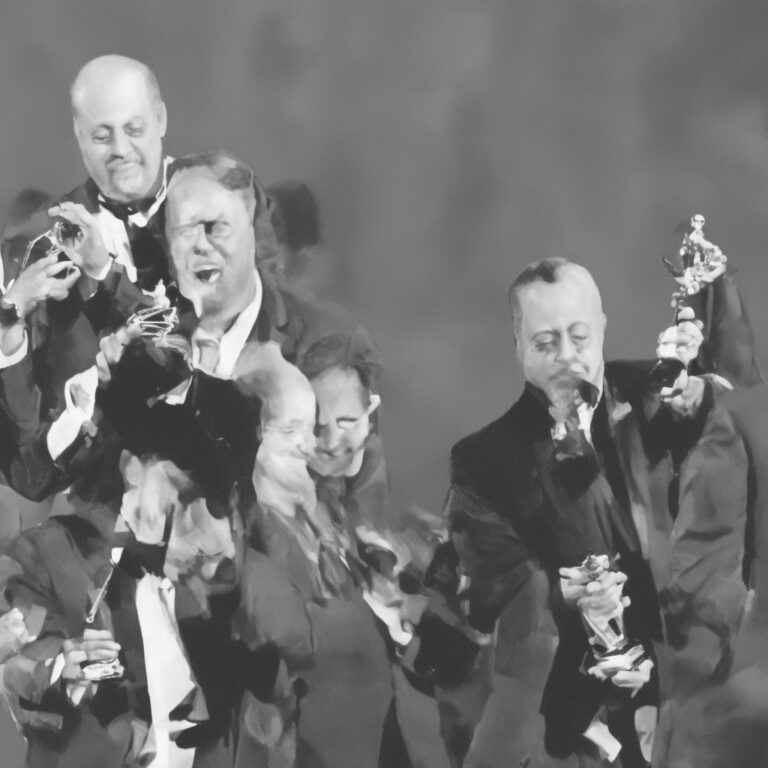
“You’re Only Human (Second Wind)” has garnered various accolades since its release in 1985. The song, written by Billy Joel himself, reached number nine on the Billboard Hot 100 chart, solidifying its place as a hit. The track’s blend of pop and rock elements, combined with its uplifting and encouraging message, has resonated with audiences and helped it maintain its iconic status over the years.
The song’s appeal extends beyond the realm of awards and charts, as it has been featured in several TV shows and movies. For instance, “You’re Only Human (Second Wind)” made an appearance in the popular television series “Cold Case” in the 2009 episode titled “The Long Blue Line.” The show’s creators utilized the song’s motivational theme to emphasize the characters’ perseverance and resilience in the face of adversity.
In addition to TV appearances, “You’re Only Human (Second Wind)” has also been covered by various artists, demonstrating its lasting impact on the music industry. One notable cover was recorded by indie rock band The Hold Steady, who performed their rendition of the song for The A.V. Club’s “Undercover” series in 2010. The band’s unique interpretation showcases the song’s versatility and ability to be adapted across different musical genres. Other up-and-coming artists and musicians have also embraced the song, covering it in their live shows and online performances.
As a testament to its enduring charm, “You’re Only Human (Second Wind)” continues to be celebrated by fans and artists alike. Its powerful message and catchy melody have made it a staple in the world of music, and it remains just as relevant today as it was when it first graced the airwaves nearly four decades ago.
Breaking Down the Musical Structure
Delving into the musical structure of “You’re Only Human (Second Wind),” it becomes evident that the song showcases Billy Joel’s versatility and expertise in crafting a memorable tune. The song is written in the key of F major, which is known for its bright and uplifting tonal quality, perfectly reflecting the positive message conveyed in the lyrics.
The chord progression predominantly follows a I-IV-V pattern, which is a common choice in popular music, contributing to the song’s catchy and easily recognizable melody. Specifically, the chords in the verses are F, Bb, and C, while the chorus adds a touch of complexity with the progression F, Bb, F/A, Gm7, C7, F, Bb, C. This variation in the chorus adds depth and keeps the listener engaged throughout the song.
Tempo-wise, “You’re Only Human (Second Wind)” maintains a moderate pace, clocking in at around 120 beats per minute. This tempo allows the song to feel energetic without being too fast, which complements the upbeat nature of the track.
One of the most striking elements of the song is its saxophone solo, which adds a unique flair and contributes to the song’s overall appeal. The solo is played in the F major pentatonic scale, which consists of the notes F, G, A, C, and D. The choice of this scale gives the solo a bluesy feel, blending seamlessly with the overall pop-rock sound of the track.
The drums and bass in “You’re Only Human (Second Wind)” provide a solid foundation for the track, with the bass predominantly following the root notes of the chords and the drums maintaining a steady groove. The use of syncopated rhythms and accents throughout the song adds to its dynamic feel and keeps the listener engaged.
As a whole, the musical structure of “You’re Only Human (Second Wind)” is a testament to Billy Joel’s ability to create a memorable and engaging tune. The combination of a bright key, catchy chord progression, moderate tempo, and a standout saxophone solo, all come together to create a song that remains a fan favorite to this day.

